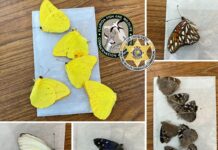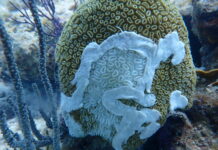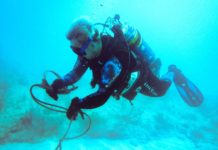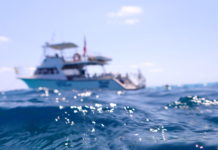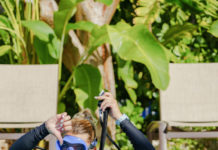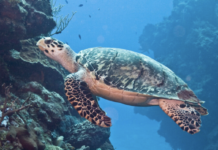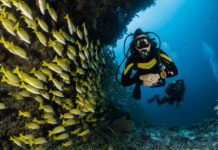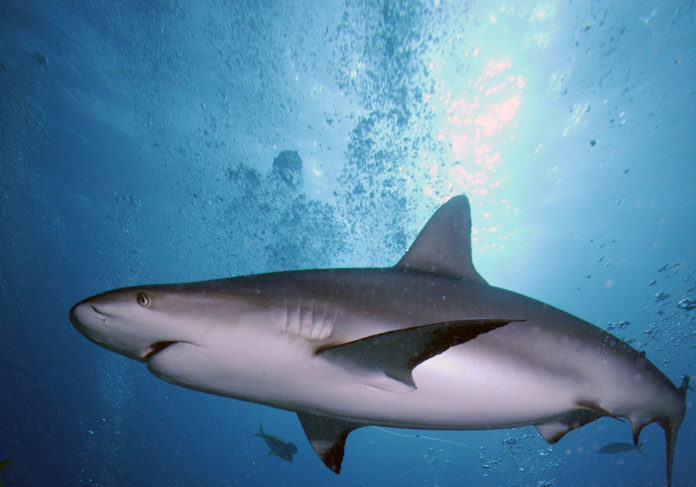
This Week’s Dive Report
Typically during this time of year, conditions are relatively calm. This week, the winds and water were fine throughout the week, but the wind picked up over the weekend. The seas were still diveable, but “sporty” as we like to call it. When diving in conditions that can be challenging, it’s important to remain aware, follow all safety protocols, communicate with your dive buddy and to stay within your comfort level.
Next Week’s Dive Report
Monday to Wednesday next week will still be pretty bumpy, but the winds will lay down nicely after that for at least a week. With summer approaching, days like those will be great for exploring our underwater world.
Conservation Update
On Friday, we did our weekly shark awareness dive and educated over 30 divers on shark conservation. They had the once-in-a-lifetime opportunity to hang out with numerous sharks of different species. More importantly, they learned why sharks matter to the local ecosystem and to the oceans in general. As apex predators, sharks help to keep populations of fish and other prey balanced and in check. If and when we remove predators, prey populations can explode. They then eat up all of their prey and the entire ecosystem falls out of balance. Scientists call this trophic cascade, and it can wreak havoc on the whole reef here.
If you come out with us for a shark awareness dive, you can earn your PADI shark awareness certification and become an ambassador for these beautiful creatures.
We also did a twilight dive trip for I.CARE. We left the dock around 4:30 p.m. Over 20 divers, including members of a dive shop from Columbus, South Carolina, helped to plant endangered corals on Victory Reef in Islamorada. This Saturday, we will be planting corals again at one of our favorite shallow planting sites, Rocky Top Reef.
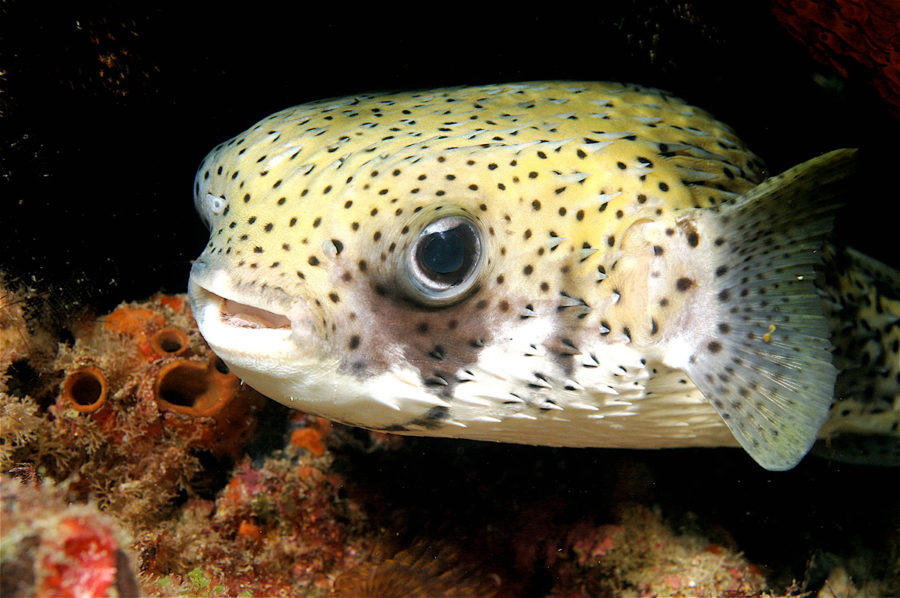
Conservation Tip
One of the best skills to learn to help conserve and protect our living reefs is proper buoyancy. You can really master this skill by enrolling in a “Peak Performance Buoyancy” specialty class. It’s a one day class and focuses on getting each diver properly weighted and neutrally buoyant, saving corals from inadvertent fin kicks, sculling of hands and crashing down onto them due to overweighting.
I.CARE Tip
Corals can be planted at different depths of water, depending on the site and the species of corals. It’s important to work with scientists when choosing how and where to plant corals to ensure that coral restoration efforts are the most effective and to give corals the best chance of survival.








